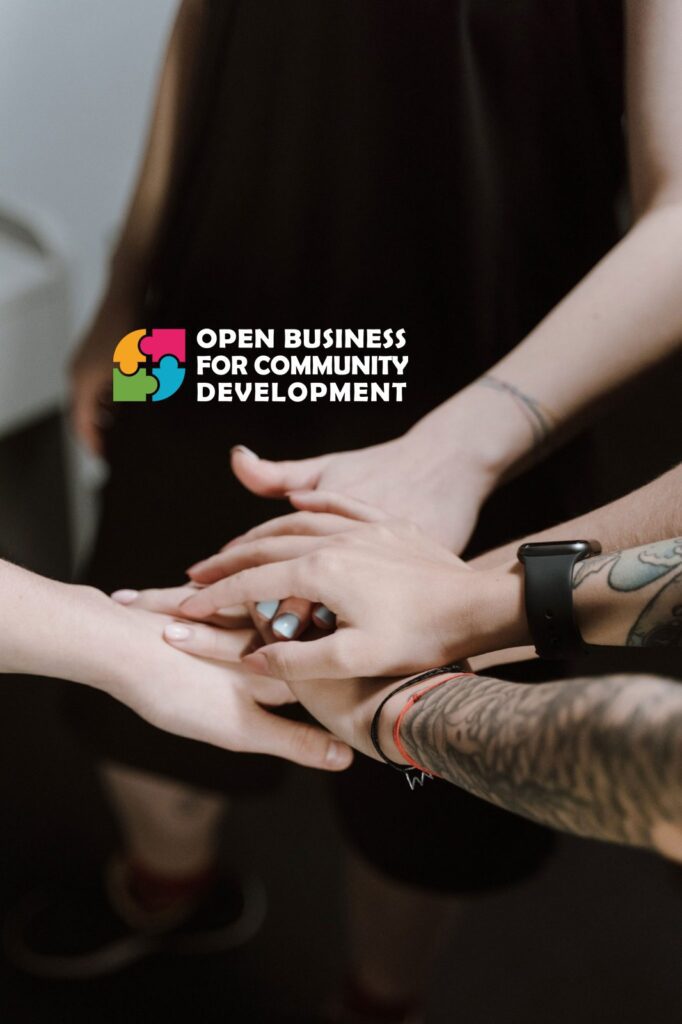Finland’s National Entrepreneurship Education Conference took place on 23-24 September in Jyväskylä. The theme of this year’s conference was sustainable and responsible entrepreneurship. Open Business for Community Development project partner Diak took part in the event.
In the seminar’s presentations and discussions, the importance of conducting business with social and environmental well-being in mind was highlighted. However, putting them on a par with economic well-being still awaits a greater change in the people’s mindset.
“The sole purpose of a business is to make a profit for its owners” is unanimously an old-fashioned idea. There was a shared belief that entrepreneurs – current and future – are a key to the change towards a sustainable future.
But how to teach sustainable and responsible entrepreneurship for future entrepreneurs?

The image of entrepreneurship needs a shake-up
Entrepreneurial skills and competences are important in the future working life. The Ministry of Education and Culture of Finland has created guidelines for the strategic implementation of the theme at all school levels. In the higher education context, entrepreneurship is not about starting your own business, but more specifically about skills and a can-do attitude: creativity, innovation, the ability to have a broad perspective and respond to changes in society.
Entrepreneurship education and competences have many objectives. However, start-up boom of the last decades has also taken over the field of entrepreneurship education, especially at higher education level. However, emphasizing efficient and fast growth might feel alien to many.
Too narrow image of entrepreneurship buries its diverse possibilities. Entrepreneurship is not just about maximizing profit, but it can also be based on values and the creation of wellbeing. The reason for starting a business might be to address societal issues.
Social entrepreneurship should be part of entrepreneurship education
More and more young people want to make a difference in the world, and many students’ business ideas are linked to the sustainable development goals. Social entrepreneurship can act as a channel for young people’s desire to be involved in solving today’s common challenges.
Social entrepreneurship can give young people an insight and offer them an opportunity to take active role in building a better future. It should be included in the entrepreneurship education as a viable alternative to entrepreneurship and employment.
The next generation and students are ready for value-based business. How about the teachers of entrepreneurship?
The OBCD curricula and the course materials enhance the capacity and skills of educational institutions to support new social entrepreneurs and interested students at the beginning of their entrepreneurial path.

